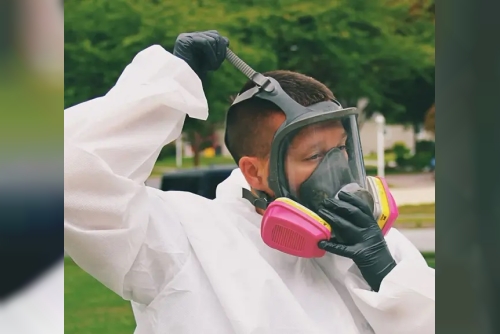Background checks are often part of the recruitment process. Background checks can be as simple as a quick Google search for your name, or they may entail more detailed research. In this blog post, we will discuss what recruiters want to know about background checks and how to prepare for them.
What Recruiters Want to Know about Background Checks
As an employer, it's important to ensure that the people you hire are who they say they are. A background check is one way to verify a job candidate's identity and qualifications.
There are a few things that recruiters want to know about background checks:
What information will be included in the report?
How far back does the check go?
How accurate is the information?
How soon are the findings available?
Is there anything else I should know?
Here's a more detailed look at each of these questions:
What information will be included in the report?
A typical background check report will include information on a candidate's criminal history, employment history, education, and professional licenses. Some reports also include credit histories and driving records.
How Background Checks Work
Employers may utilize a few various sorts of background checks, but the criminal history check is the most frequent. This investigation will search the applicant's past for any illegal activity.
The other common type of background check is the employment history check. This type of check will verify the applicant's work history and make sure that they have not lied on their resume.
Finally, some employers may also do a credit check as part of their background check process. This is not as common, but it can give employers an idea of an applicant's financial responsibility.
Types of Background Checks
There are many different types of background checks that employers can use to screen job applicants. The most common type of background check is a criminal history check, which can reveal past convictions or arrests. Other types of background checks include employment history checks, education verification, and reference checks.
Criminal history checks are the most commonly used type of background check by employers. These checks can reveal past convictions or arrests that may be relevant to the job. Employment history checks involve verifying an applicant's work history, often through references or public records. Education verification involves contacting an applicant's school to confirm their educational qualifications. Reference checks involve contacting an applicant's references to ask about their work experience and character.
When Should I Apply for a Background Check?
Employers may use a few different types of background checks, depending on the position and company. The most common type of background check is a criminal background check, which will show any felony or misdemeanor convictions on your record. Some employers may also do a credit check, although this is less common. to run a background check, the employer will need your consent. If you have ever been convicted of a crime, it is important, to be honest about it when applying for jobs. Many employers are willing to overlook minor offenses, but if you lie about it and they find out, it will likely result in your application being rejected. If you have any concerns about your criminal history, you should speak to an attorney before applying for jobs.
Conclusion
A Background Check Livescan is an important tool that recruiters use to determine whether or not a candidate is suited for a particular position. By understanding what recruiters are looking for in a background check, you can be sure to put your best foot forward and give yourself the best chance of being hired.












